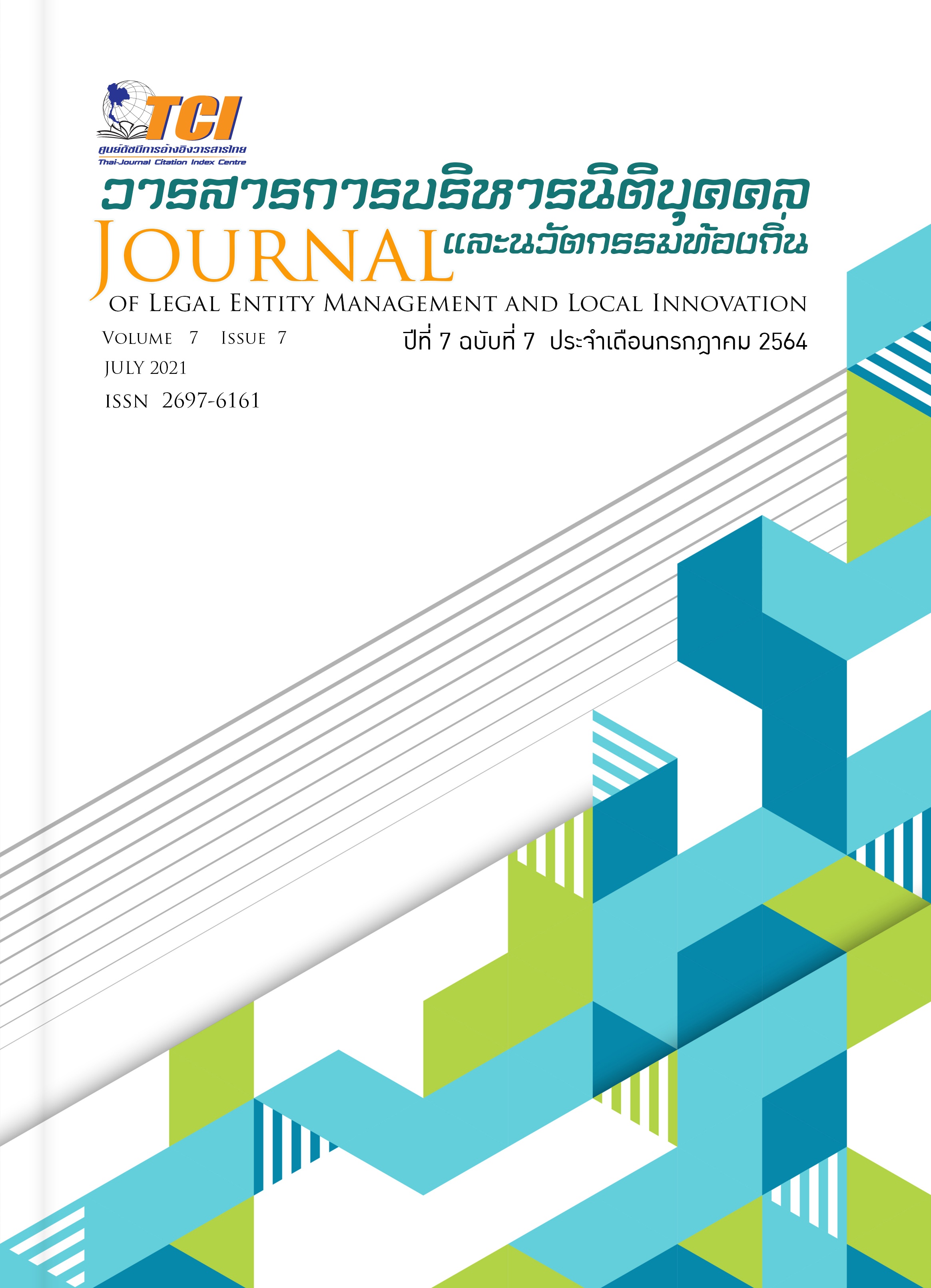Ethical Behavior for Administration of the Administrators of Sri Chomphu School Cluster under the Bungkan Primary Educational Service Area Office
Keywords:
Ethical Behavior for Administration, School AdministratorsAbstract
The objectives of this research were to investigate the ethical behavior for administration of the administrators of Sri Chomphu School Cluster under the Bungkan Primary Educational Service Area Office and to make a comparison of the ethical behavior for administration of the administrators of Sri Chomphu School Cluster under the Bungkan Primary Educational Service Area Office as classified by gender, age and work experience. The population studied were the teachers and educational personnel of Sri Chomphu School Cluster under the Bungkan Primary Educational Service Area Office, totaling 110 persons, selected by using purposive sampling. The instrument used for collecting the data was a rating scale questionnaire constructed by the researcher with the IOC ranging from 0.67 to 1.00 and the reliability of .813. The statistics used for analyzing the collected data were percentage, mean, standard deviation, t-test and F-test with comparisons using the Scheffe's pair-wise differences. The research results revealed that the ethical behavior for administration of the administrators of Sri Chomphu School Cluster under the Bungkan Primary Educational Service Area Office was practiced at high level as a whole. After item analysis, it was found that each aspect of ethical behavior was practiced at high level. The listed mean scores in order from the highest to the lowest included man management, job management and self-management. The comparison results showed that , as classified by age, the opinions towards the ethical behavior for administration of the administrators of Sri Chomphu School Cluster under the Bungkan Primary Educational Service Area Office were not different in whole and in part which was not in accordance with the research hypothesis. Moreover, as classified by age group- at 6 - 10 years old and 11 years old upwards, it was found that the opinions were different at the .05 level of significance.


